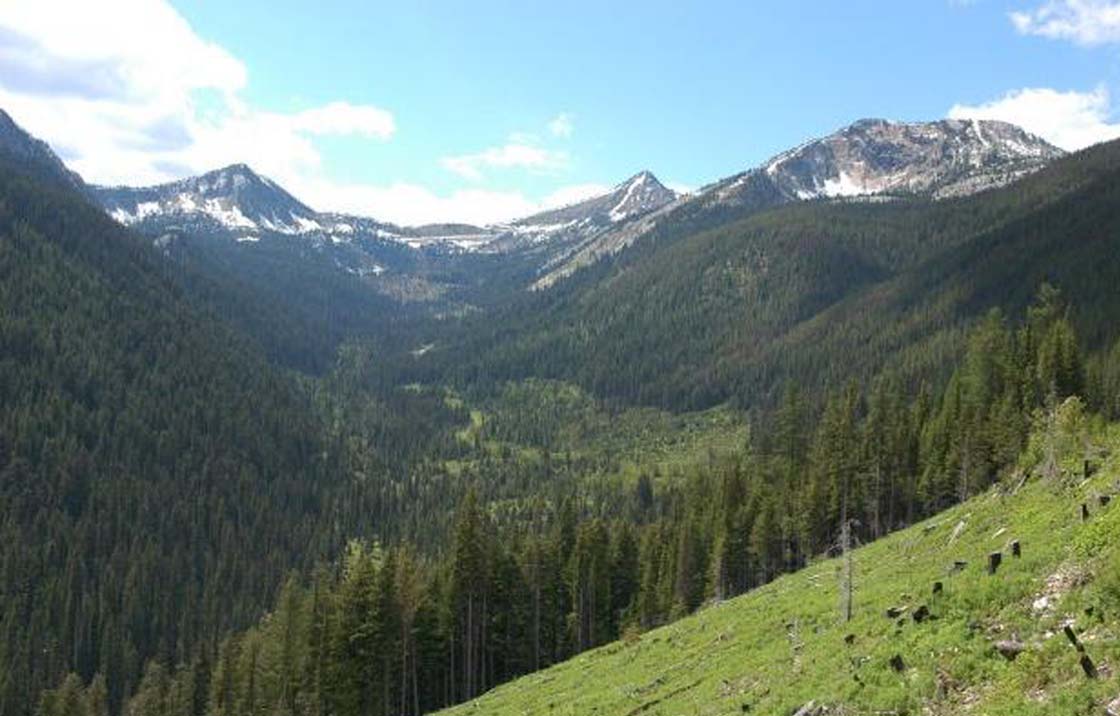The B.C. auditor general has delivered a damning report on the province’s controversial carbon trading system and the Crown corporation Pacific Carbon Trust.

The report concludes the government has not reached its goal of “carbon neutrality,” and says the two projects examined in the audit should never have been given public money.
The Encana gas drilling project in northeast B.C. and the Darkwoods forestry conservation project in the Kootenays were provided $6 million in 2010 for reducing greenhouse gas emissions.
“Offsets can only be credible in British Columbia if, among other things, the revenue from their sale is the tipping point in moving forward on a project. It must be an incentive, not a subsidy, for the reduction of GHGs,” said Doyle in a news release. “However, neither project was able to demonstrate that the sale of offsets was needed for the project to be implemented.”
Encana’s project was projected to be more financially beneficial to the company than its previous practices, regardless of offset revenue, while the Darkwoods property was acquired without offsets being a critical factor in the decision, said Doyle.
“In industry terms, these projects would be known as ‘free riders’,” said Doyle. “Together, they received $6 million in revenue for something that would have happened anyway.”
Under the province’s carbon system managed by Pacific Carbon Trust, public institutions such as hospitals and universities must pay for their sin of carbon emissions. The money paid to the trust is then used to fund greenhouse gas reductions projects at private sector pulp mills, sawmills, gas drilling rigs, hotels and greenhouses.
- Ontario First Nation declares state of emergency amid skyrocketing benzene levels
- Do Canadians have an appetite for electric vehicles? Experts are divided
- Nearly 200 fossil fuel, chemical lobbyists to join plastic treaty talks in Ottawa
- More financial institutes are offering crypto-services, survey shows
The idea is the reduction projects in the private sector offset emissions in the public sector to zero, which is why the B.C. Liberal government has claimed it is “carbon neutral.”
The test of whether the private-sector projects are legitimately offsetting greenhouse gas emission in the public sector — and therefore should get the public money — is whether the projects would not have gone ahead without the cash injection from the trust.
Doyle also noted there had been an unprecedented level of interference by an audited organization and industry in the audit.
“Of all the reports I have issued, never has one been targeted in such an overt manner by vested interests,” he stated. “Nor has an audited organization ever broken my confidence as did the senior managers at the Pacific Carbon Trust by disclosing confidential information to carbon market developers and brokers.”
“I was astonished to have to expend my Office’s limited resources responding to an orchestrated campaign of delay and interference, led by a public sector entity on behalf of market interests,” he said.



Comments